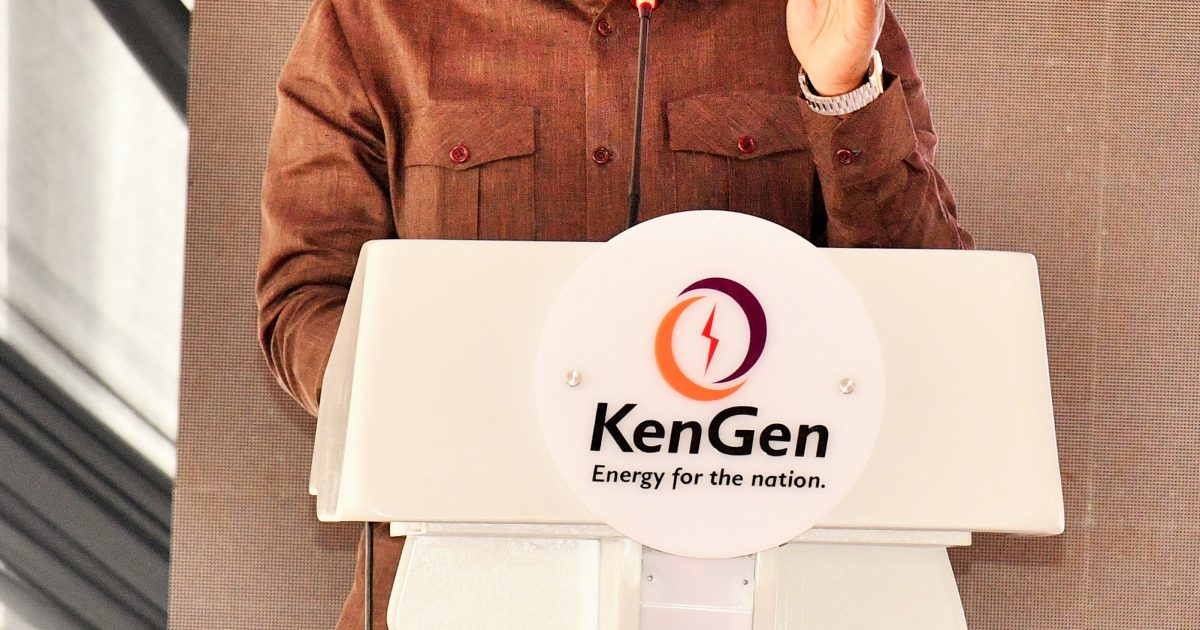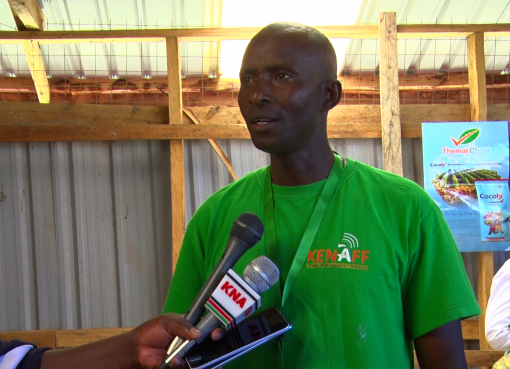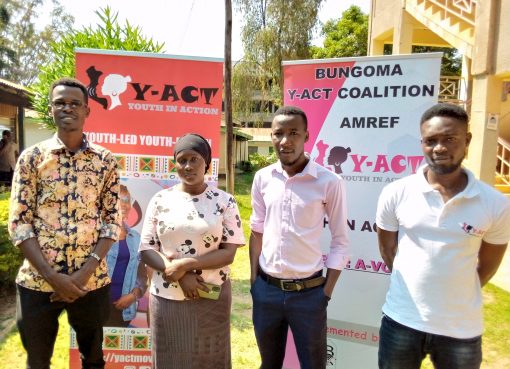Energy and Petroleum Cabinet Secretary (CS) Mr. James Opiyo Wandayi has strongly defended the multi-billion shilling deal signed between the Kenya Electricity Transmission Company Limited (KETRACO) and Adani Energy Solutions Limited.
Opiyo reiterated that the deal, which is estimated to cost Sh.95.68 billion (USD 736 million), will see the Indian company develop, finance, construct, and operate critical and state of the art transmission lines and substations across the country, which will go a long way in helping Kenya to tackle the chronic power outages and ensure more reliable electricity access to support the country’s growing economy and industrial ambitions.
The CS further stated that the comprehensive project will be fully funded by the private sector, with Adani Energy Solutions raising both debt and equity.
“We want to deal with incessant power outages that have been experienced in the country for a long time now and have reliable power supply for the country`s economic growth,” the CS stated.
He was speaking in Naivasha on Thursday when he presided over the launch of the Kenya Electricity Generation Company (KenGen) corporate Strategic Plan 2024 -2034 where he stressed that his ministry will support KenGen in its ambitious plan to expand power production in the country.
Opiyo further said power demand is surging in the country without a comparable increase in supply thus causing frequent blackouts which are not good for the growth of the country economically and this expansion has to go hand in hand with expansion in generation and transmission infrastructure.
“We cannot afford to fund this mega project from our exchequer and borrowing environment has diminished, leaving us with the Private / Public Partnership (PPP) as the way to go in this expansion of the energy,” the CS explained.
Opiyo also revealed that the country has been incurring technical loses in the power sector which is estimated to stand at 24 per cent which will be dealt with in the new power deal by the Adani deal.
For 30 years, Adani Energy Solutions will manage the infrastructure under the agreement, ensuring its long-term sustainability before transferring it to KETRACO. The project will enhance the national electricity infrastructure (transmission lines and substations) and in effect ensure reliable and widespread access to power that will support Kenya’s growing economy and development goals.
The ambitious project will includes the construction of several high-voltage transmission lines and substations. The contract involves the construction of three high-voltage power transmission lines and two substations in a bid to enhance connectivity and stability in the national grid.
The lines that are set to be financed through this agreement include 400kV (Double-Circuit) Gilgil-Thika-Malaa-Konza Line: Spanning 208.73 kilometer (km), 220kV Rongai-Keringet-Chemosit Line: Covering 99.98 km, 132 KiloVolts (KV), Menengai-Ol Kalou-Rumuru, which will be an 89.88 km line, a 400/220kV substation at Lessos, and a 132/33kV substation at Thurdibuoro.
Contrary to the fears that the deal will lead to increased power costs in the country, the CS said instead the agreement will help power costs to go down in the long run.
“Before signing the agreement, KETRACO conducted comprehensive due diligence on Adani Energy Solutions that took four months, along with thorough stakeholder engagement. This ensures that all concerns have been addressed and the project is primed for successful execution,” Opiyo said.
According to data from The Ministry of Energy, Kenya’s current effective installed (grid connected) electricity capacity is 2,990 Megawatts (MW). Electricity supply is predominantly sourced from hydro and fossil fuel (thermal) sources.
This generation energy mix comprises hydro at 838 MW, geothermal at 754 MW, two per cent from biogas co-generation, wind at 437 MW and solar at 173 MW. Kenya possesses a geothermal energy potential of 10,000MW, of which we have only exploited about 980MW to date and more needs to be done to tap this potential for economic growth.
Meanwhile, the CS has send a stern warning to petroleum dealers in the country some of whom he said had not reduced the prices of petroleum products at the pump after the Energy and Petroleum Regulatory Authority (EPRA) on Monday released its monthly briefs where the prices of the three main brands were reduced significantly.
He announced that they have mobilized all law enforcing agencies to launch a crackdown on the unscrupulous traders whom he said were exploiting consumers.
The Energy and Petroleum Regulatory Authority (EPRA) on Monday, October 14, issued their monthly update on prices of petroleum product to run up to November 15. This was after taking into account the weighted average cost of imported refined petroleum products.
In the October-November price review, the fuel price for Super Petrol was reduced by Sh8.18 per litre, Diesel at Sh3.54 per litre and Sh3.54 per litre for kerosene.
EPRA said that Kenya currently imports all its petroleum product requirements in refined form, and the products are traded in international markets based on a pricing benchmark.
With this new prices, for instance, Super Petrol will retail at Sh180.66, Diesel at Sh168.06, and Kerosene at Sh151.39 in Nairobi until November14 when new prices will be announced.
By Mabel Keya – Shikuku





